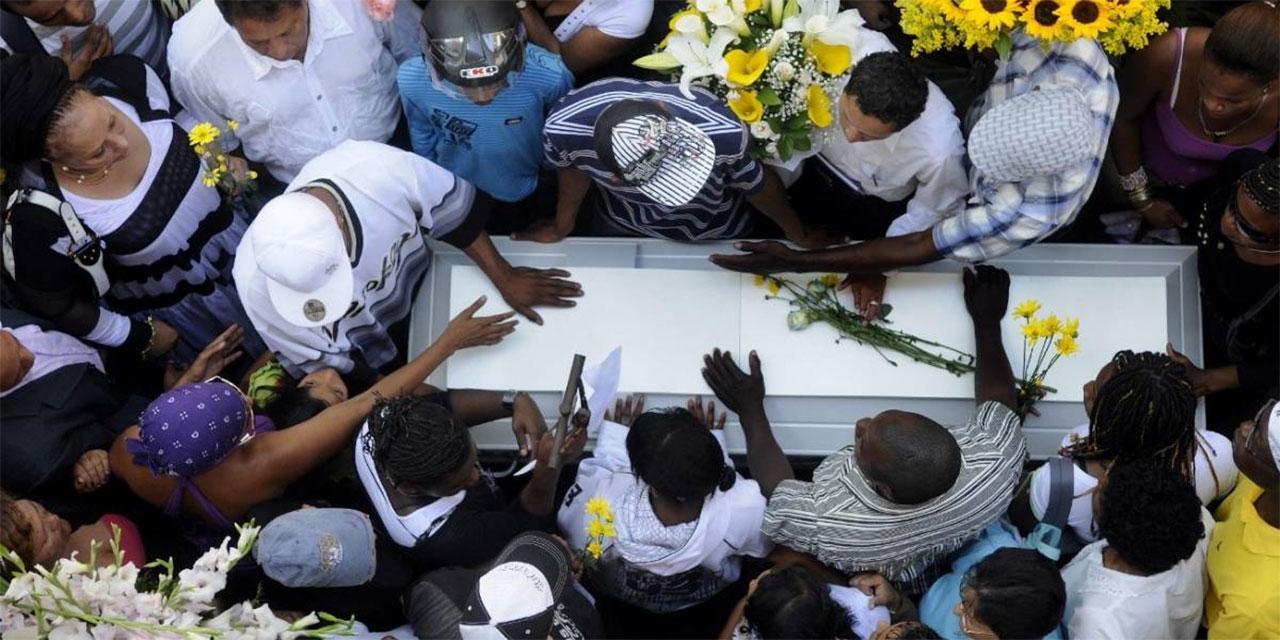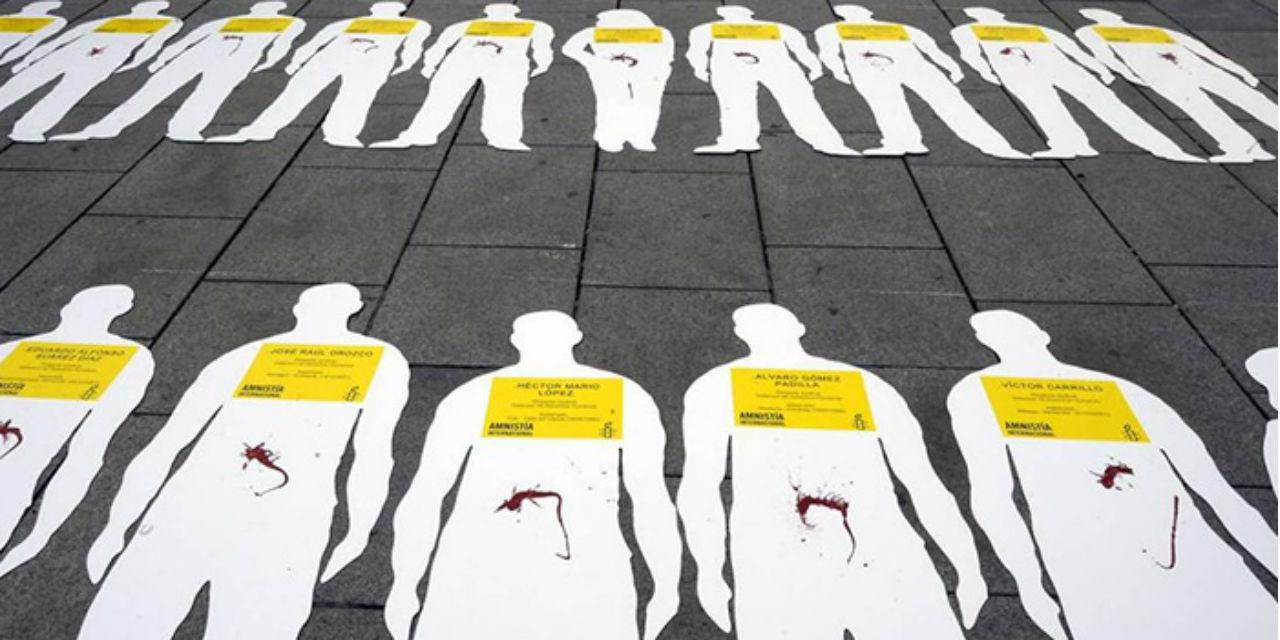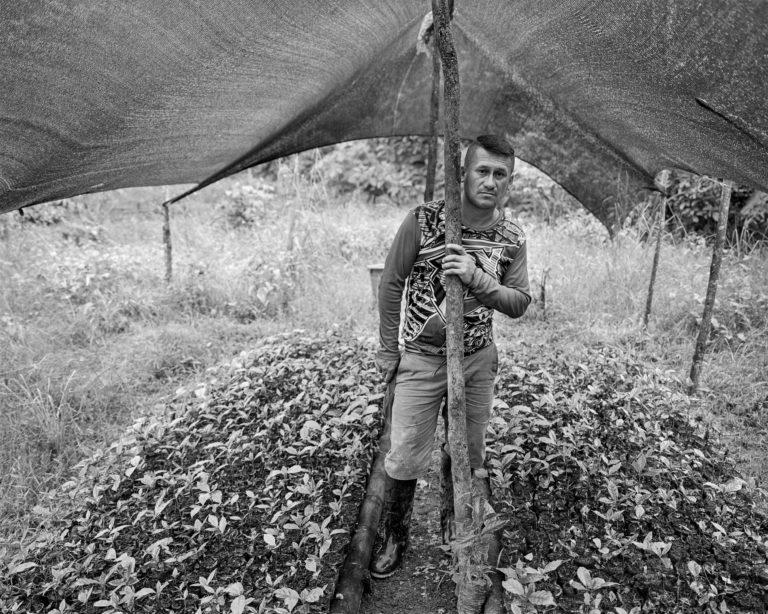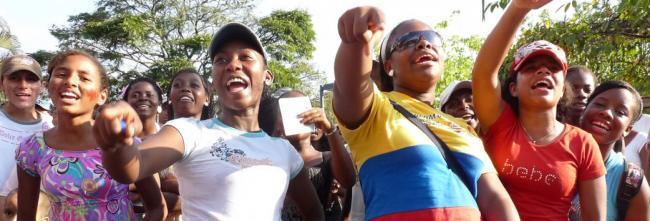Companies represented in Duque’s audience included Occidental Petroleum, Twitter, Hilton, Monsanto, Southwest Airlines, Drummond, and Aecom...Duque praised the US-Colombia Free Trade Agreement...and delivered the now-traditional Colombian praise and thanks for the nearly 20 years of US participation in Plan Colombia [initiated by President Clinton], which has delivered about nine billion dollars in military aid to his country.
- Home
- About Us
- Issues
- Countries
- Rapid Response Network
- Young Adults
- Get Involved
- Calendar
- Donate
- Blog





